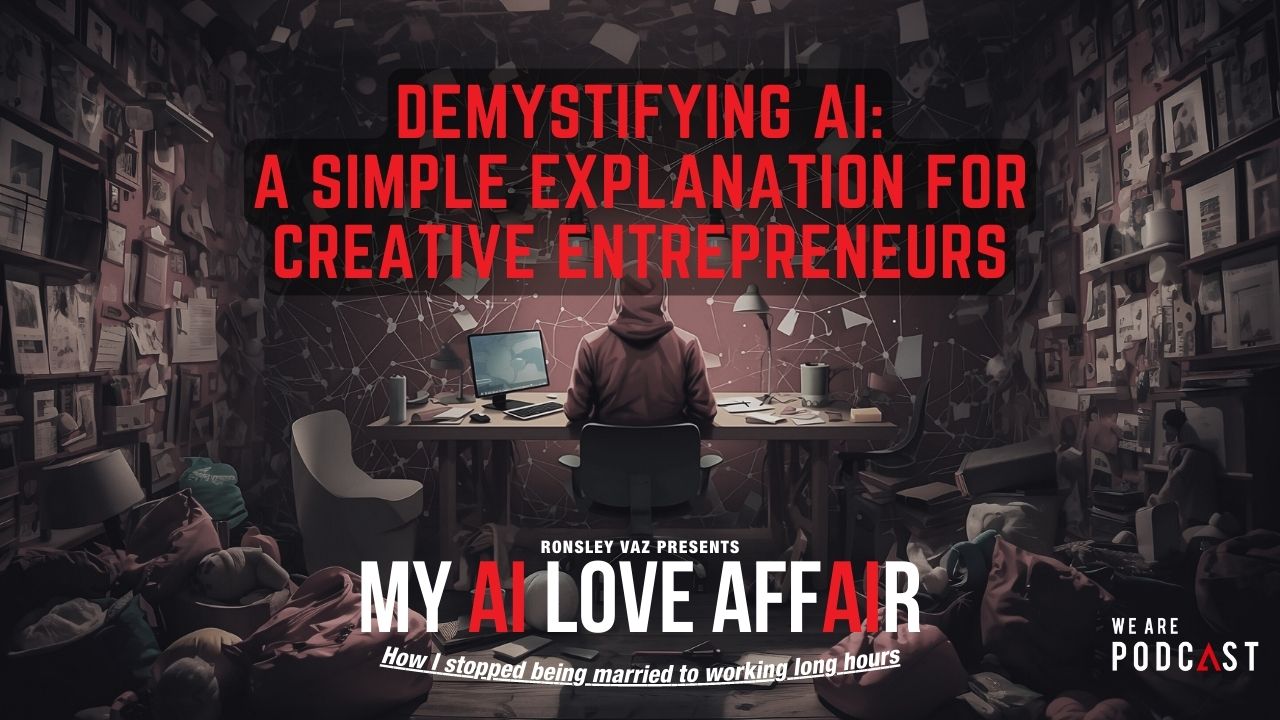Artificial Intelligence (AI) is a rapidly evolving field that has the potential to revolutionise the way we live and work. As businesses look for ways to stay competitive, AI has become a crucial tool for growth and innovation. This article will discuss the basic concepts of AI and how they are applied in different industries.
What is Artificial Intelligence?
Artificial Intelligence is a powerful tool that enables machines to learn from data, identify patterns and make decisions based on that information. Unlike traditional computer programming, where the programmer writes explicit instructions for the computer to follow, AI systems are designed to learn from experience.
Imagine a child who is learning to ride a bike. Initially, they may require training wheels and a parent’s guidance to maintain balance. However, the child learns to balance independently over time and can eventually ride without assistance. Similarly, AI systems learn from data and feedback, becoming more proficient at making decisions and identifying patterns on their own.
Types of AI
Different types of AI exist, including narrow AI, general AI, and super AI. Narrow AI, also known as weak AI, is designed to perform a specific task exceptionally well, such as recognising faces or detecting spam emails. General AI, or strong AI, is designed to possess human-like cognitive abilities, such as reasoning and problem-solving skills. Super AI, also known as artificial general intelligence (AGI), is a hypothetical future AI capable of surpassing human intelligence.
Imagine a construction worker using a hammer to drive nails into a piece of wood. The hammer is a narrow AI tool designed for a specific purpose – driving nails. However, the worker’s brain is a general AI tool that allows them to reason and solve problems beyond the scope of hammering nails. Super AI, on the other hand, would be equivalent to a construction worker with a brain far more powerful than any human, capable of designing and building structures beyond our current capabilities.
Applications of AI
AI is applied in various industries, such as healthcare, finance, and manufacturing. AI analyses medical data in healthcare to improve patient outcomes, detect diseases early, and develop more effective treatments. In finance, AI detects fraudulent transactions, predicts market trends, and manages risk.
Imagine a doctor who is using AI to analyse medical data. The AI system can identify patterns in the data and offer potential diagnoses and treatment options. The doctor can then use this information to make more informed decisions about the patient’s care. Similarly, financial analysts can use AI to identify fraudulent transactions and predict market trends, enabling them to make better investment decisions.
Key Concepts in AI
Critical concepts in AI include natural language processing, computer vision, robotics, and knowledge representation. Natural language processing enables machines to understand and interpret human language. In contrast, computer vision allows devices to interpret and analyse visual data, such as images and videos. Robotics involves designing and constructing robots capable of performing tasks that are difficult or dangerous for humans. Knowledge representation is storing and organising data and information so machines can easily access and use it.
Imagine a language student who is using AI to learn a new language. The AI system uses natural language processing to interpret the student’s speech and offer feedback on pronunciation and grammar. Similarly, a factory worker may use a robot that can see and analyse visual data to identify product defects and make manufacturing process adjustments.
Challenges of AI
While AI can potentially transform various industries, it presents challenges such as ethical concerns, bias, and privacy issues. For example, AI systems can perpetuate social preferences, such as racial or gender bias, if trained on data that reflect these biases. Similarly, AI systems can raise concerns about privacy if they are used to collect and analyse personal data.
Imagine a recruiter who is using AI to screen job candidates. Suppose the AI system is trained on data that reflects gender or racial biases. In that case, it may unfairly screen out qualified candidates. Similarly, suppose an AI system is used to collect and analyse personal data. In that case, it may raise concerns about privacy and data security.
Conclusion
In conclusion, AI is a powerful tool that has the potential to transform the way we live and work. By understanding the basic concepts of AI, businesses can leverage this technology to stay competitive and drive innovation. However, as AI continues to evolve, it is essential to address the challenges associated with its use to ensure it is used ethically and responsibly. As we continue to explore the possibilities of AI, it is essential to prioritise transparency, fairness, and accountability to ensure that AI is used for the greater good.
—–
Check out my podcast on myailoveaffair.com, subscribe to the show, and give me a review and rating; it helps us unite the AIGeeks like you.
If you are a business owner that wants to use AI to make business easy and wants to find others just like you in a group where we share tactics & ideas on what’s working (or not) for us when it comes to using AI in the best possible way… go to geeks.co/discord … it is free.

